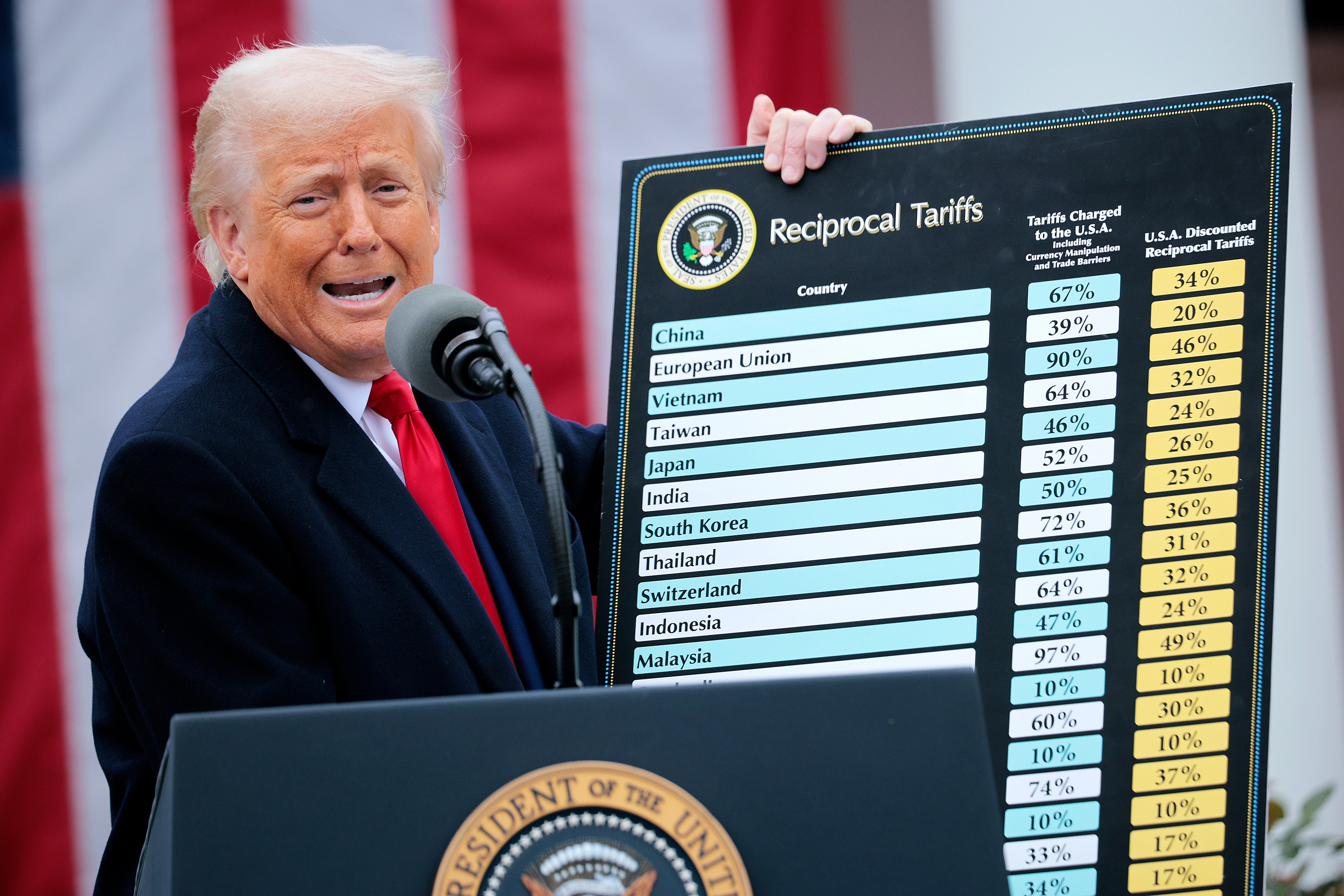JPMorgan Chase CEO Jamie Dimon has said he is more worried than many of his peers about the possibility of an imminent U.S. stock market crash.
Speaking to the BBC’s Business Editor, Simon Jack, on Thursday, Dimon was asked about the consequences of President Donald Trump’s tariff war, a subject about which he has been largely ambivalent this year.
“I am far more worried about that than others,” he said. “Now, I’m talking about probabilities. I would give it a higher probability than I think is probably priced in the market and by others. So, if the market’s pricing in 10 percent, I would price in, I would say, it’s more like 30 percent.”
Dimon declined to predict precisely when a crash might come, suggesting it could be within six months or two years, but added: “The amount of uncertainty – and I put geopolitics in that category, fiscal spending in that category, politics in that category, the remilitarization of the world in that category – all of these things coincide.
“A lot of issues that we don’t know how they’re gonna sort out. So I say the level of uncertainty should be higher in most people’s minds than what I call normal.”
A day earlier, Kristalina Georgieva, managing director of the International Monetary Fund, similarly observed that, although the global economy had shown resilience in the face of Trump’s rollercoaster tariff program, consumers should: “Buckle up: uncertainty is the new normal.”
In September, Dimon expressed pessimism about Trump’s economy, noting that job reports indicate a stagnating hiring market and inflation continuing to keep prices high across many sectors.
He told the Office Hours: Business Edition podcast that the full impact of the president’s tariffs had not yet been seen, observing: “People are expecting these things to happen right away. But actually, a lot of [the effects of the tariffs] haven’t happened [yet].”

In a separate appearance on CNBC, Dimon would not guarantee his April prediction that a recession is on the way – but he still said the economy was on a downward trend.
“I think the economy is weakening,” he said. “Whether it’s on the way to recession or just weakening, I don’t know.”
Dimon went on to say that he believed consumer confidence was falling and that even a more dramatic cut to interest rates by the Federal Reserve may not have the White House’s desired effect: a surge in economic activity.
“There’s a lot of different factors in the economy right now,” he said. “We just have to wait and see.”
Dimon’s April warning about the tariffs reportedly led to icy relations with the Trump administration that only thawed when the leader of America’s largest bank met with the president in person for a series of private meetings.







